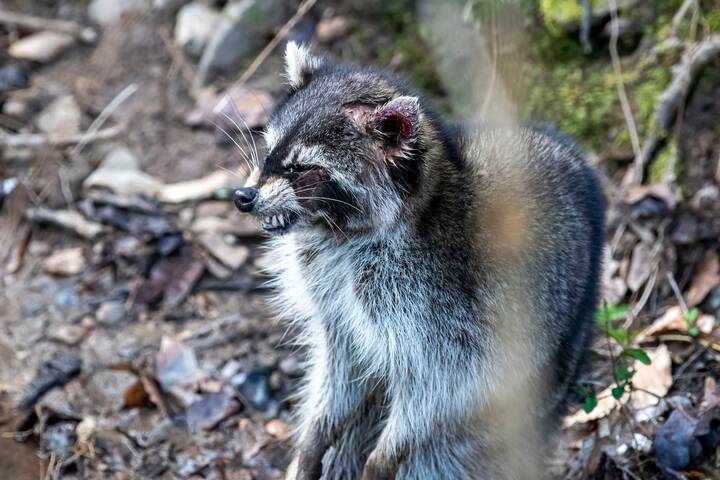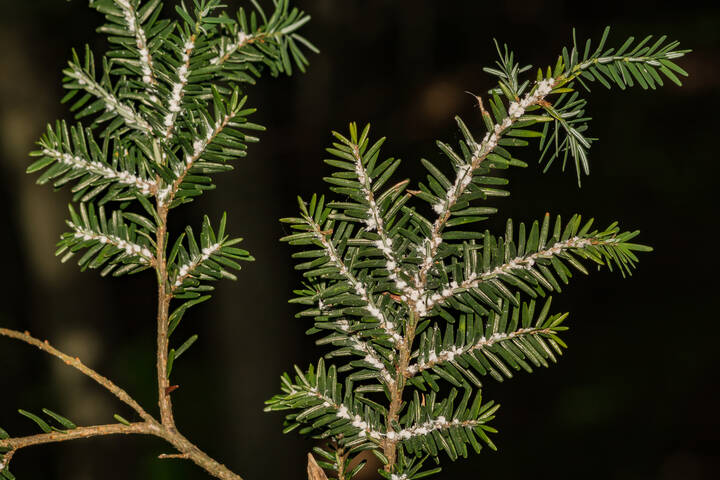
Canadians could cash in on class-action lawsuit against weed control brand
A new class-action lawsuit against a common weed control brand could give some Canadians extra cash.
Toronto-based law firm Koskie Minsky LLP announced on Tuesday that the Ontario Superior Court of Justice has certified a national class-action lawsuit against Monsanto and Bayer, the companies that produce Roundup weed control.
The lawsuit alleges that Roundup products, which are glyphosate-based herbicides, cause non-Hodgkin's Lymphoma (NHL). It was launched in 2019 and officially certified as a class action by courts on December 11.
The judge presiding over the case said a class proceeding would provide "easier access to justice" and that "it is bound to be more economical than the pursuit of multiple individual claims."
"Lawsuits of this kind are not for the faint of heart. As is clear from the experience in the United States so far, glyphosate litigation has been hard fought," said Justice Grace in his decision.
The class action against the weed control brand is brought on behalf of individuals who have been exposed to glyphosate-based products distributed and sold by Monsanto and Bayer.
Jeffrey DeBlock, an NHL survivor, represents the lawsuit. According to Koskie Minsky LLP, he was diagnosed with NHL when he was just 17 years old, after using Roundup during his summer job on a local farm.
After his diagnosis, DeBlock went through extensive treatment, "which has permanently impacted his health and quality of life."
The lawsuit says he started the class action to seek justice on his behalf as well as others.
"The certification decision is a significant milestone in our effort to hold Monsanto and Bayer accountable for the alleged harm caused by Roundup," says Jonathan Ptak, a partner at Koskie Minsky LLP.
In 2015, the International Agency for Research on Cancer (IARC) classified glyphosate, the active ingredient in Roundup, as "probably carcinogenic to humans."
The lawsuit alleges that the companies either knew or should have known that significant exposure to Roundup weed control products causes cancer, in particular, NHL.
Despite this knowledge, the lawsuit claims that the defendants continued to distribute and sell these products without providing sufficient warnings about their potential cancer risks.
The lawsuit also alleges that Monsanto and Bayer engaged in years of deceptive practices to mislead the public about the safety of Roundup to safeguard their profits.
Could you be eligible for compensation in this weed control class action?
According to Koskie Minsky LLP, the class action includes both those who have developed NHL after significant exposure to Roundup and those who have not.
"Significant exposure" to the weed control is defined in the lawsuit as "the application of Roundup on more than two occasions in a 12-month period and more than 10 occasions in a lifetime."
If you fall under these categories, you can call 1-833-630-1783 or email roundupclassaction@kmlaw.ca to be included in the class action.
There are no specifics yet as to how much Canadians could get if there is a settlement.
"Our legal team is committed to vigorously representing Mr. DeBlock and all class members. This lawsuit is not only about seeking compensation for past wrongs but also about ensuring corporate accountability and public safety going forward," said Ptak.
"The extensive evidence presented in our certification motion underscores the gravity of the allegations and the importance of this case."
Pixavril/Shutterstock
Latest Videos
Latest Videos
Join the conversation Load comments







